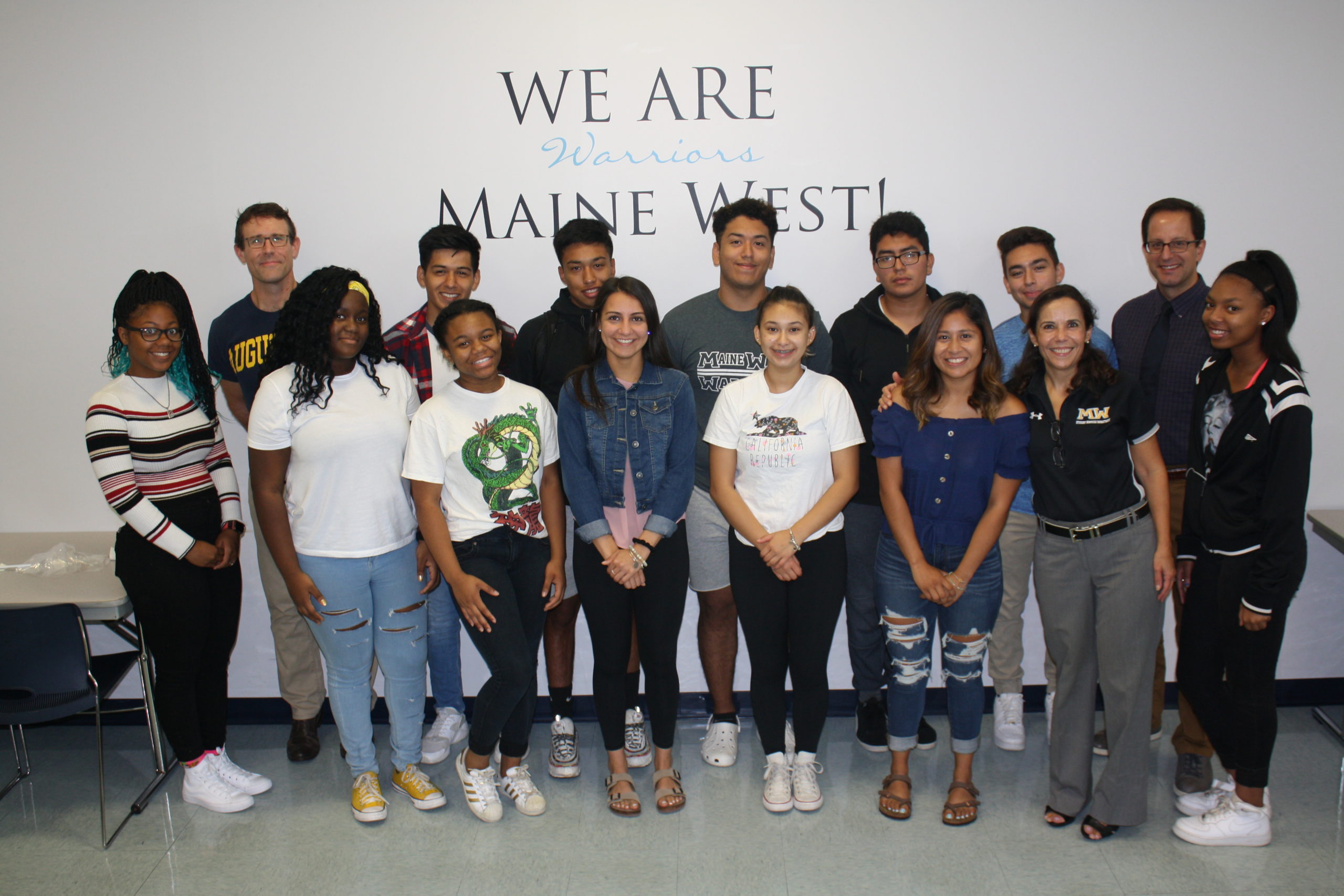An Illinois district is improving the academic achievement of hispanic students and other minority learners. More of these students have been enrolling in high-rigor classes ever since Maine Township High School District 207 created and implemented a multipronged program to improve accessibility and to address the Latino education crisis.
Through weekly workshops and summer sessions, the ASCEND program is tearing down educational barriers for Latino students as the percentage of hispanics enrolling in AP courses continues to increase every year since 2016-17. ASCEND students have also shown significant growth gains on the state’s reading assessment.
“If education stands for anything, it’s for making a more equitable, fair and just society,” says Superintendent Ken Wallace of Maine Township High School District 207. “This involves putting our underprivileged students in a position where they can change the trajectory of their life to help them get a job that not only pays well, but will positively change the life of their children and their children’s children.”
Latino student success involves self-advocacy
This year, the district invited minority students not enrolled in AP or accelerated courses to participate in ASCEND based on English teacher recommendations and high grades.
“We are teaching students that it’s important to speak up on your own behalf and to always ask questions,” says Wallace. “Often, underprivileged families tell their kids to just go to school and to do what they’re told. That sends a clear message about compliance but not self-advocacy.”
Maine Township High School District 207
District size: 6,400 students
Superintendent: Ken Wallace
Initiative launched: 2016-17
‘Leveling up’ together
Every week, workshop coordinator Nate Hassman invites freshmen to participate in 45-minute workshops on Wednesdays and then their older peers on Thursdays. Many students come for advice or to discuss the challenges Latino students face as they “level up,” such as enrolling in AP for the first time, becoming a first-generation college student or taking student leadership positions. Students support and challenge each other to stay in difficult classes, clubs and activities.
“If education stands for anything, it’s for making a more equitable, fair and just society.”
“I don’t really teach students about our weekly topics. It’s quite the opposite. I’m the one getting taught,” says Hassman. “Students challenge my thinking. I challenge theirs.”
For example, a recent workshop was led by freshman Carlos Hernandez who discussed how failure can be an asset, even a gift. “We all walked away seeing failure in a new light,” says Hassman.

“I feel like I can be successful at Maine West” and “I know an adult I can talk with if I need help” are just two of the comments students have made about how the ASCEND program has impacted them.
Tearing down educational barriers for Latino students
2015-16: 38.6% Hispanic population with 14% AP participation
2016-17: 38% Hispanic population with 17.8% AP participation
2017-18: 38% Hispanic population with 26.4% AP participation
2018-19: 39.5% Hispanic population with 28.1% AP participation
Preparing for college and careers
Students participate in two four-day sessions at the beginning and end of summer to prepare for college. Educators help with application essays, financial aid applications and discuss returns on investment. Students then visit a college campus for admissions presentations and tours.
ASCEND students are also encouraged to join a series of workshops led by school counselors that target first-generation and low-income learners. This group visits higher ed campuses and apprenticeship programs as well.
“There are no quick fixes in this work. Nothing happens in a day,” says Wallace. “It’s about creating a system of adult learning that equips educators to come up with ideas about how to serve our students. I am privileged to have great people who serve our kids in these significant ways.”







